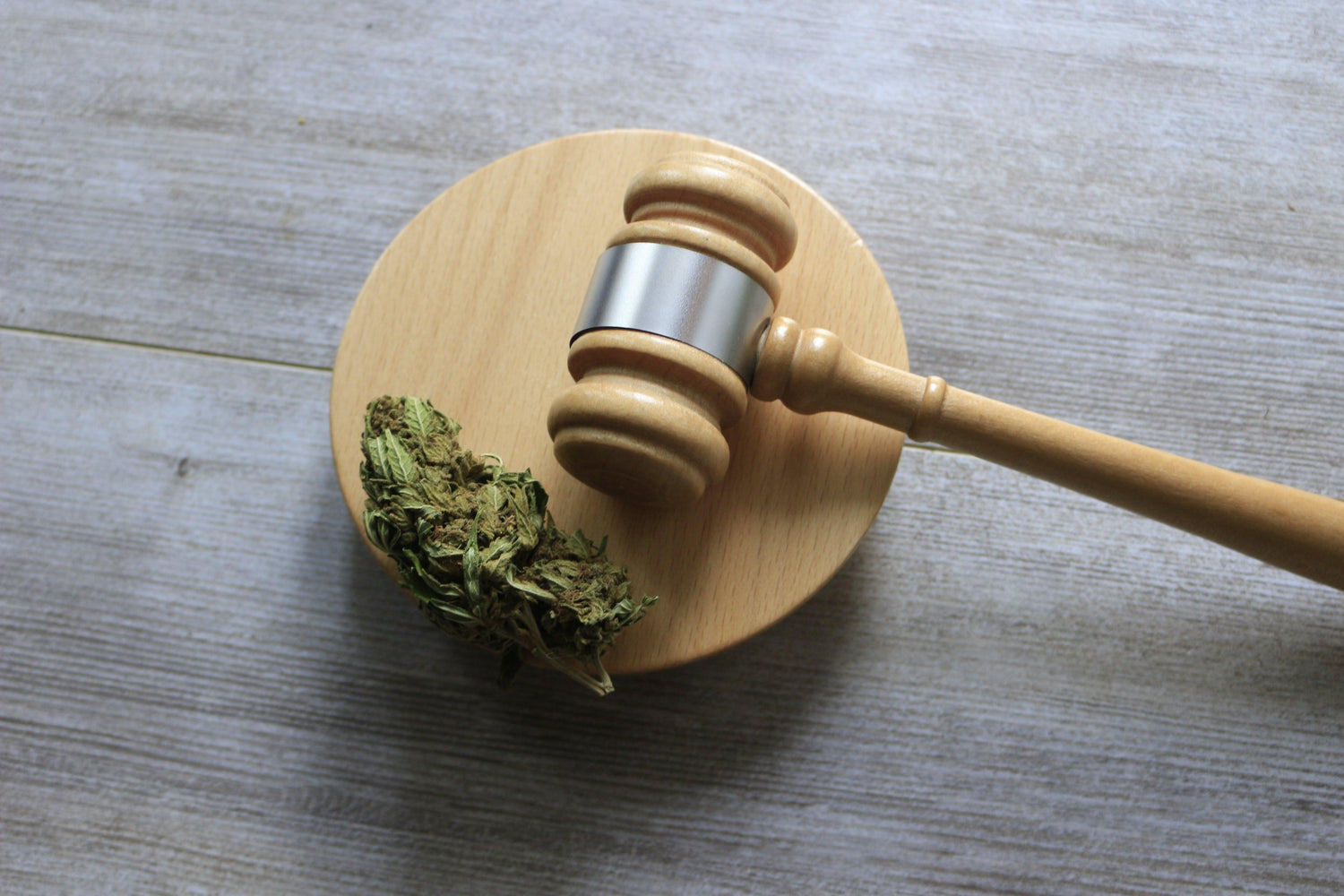In this short article we will mention some notions about the various genetics and properties of hemp, the difference between the sexes and other secrets of this unique plant.
Specifically we will tell you:
- The classification of cannabis
- The property
- The pistils
- Males and hermaphrodites
The classification of cannabis
In this historical moment, in which Cannabis light has become a commonplace product, there is still little information on the origins and genetic specifications of this plant, let's try to clarify things a little: science to date still divides into two schools of thought, the first classifying Cannabis into different subspecies: Sativa and Indica among the most important, the second recognizing only Sativa and deriving the other and different species from it. Cannabis sativa , where sativa indicates the species and cannabis the genus, is a plant of Asian origin, now present throughout the earth except in Antarctica, widely used by man for various purposes: recreational, construction, textiles, in paper production and beer and in recent years also in the pharmacological field.
Property
Cannabis sativa contains approximately 85 cannabinoids and the most represented in terms of content are tetrahydrocannabinol (THC) and cannabidiol (CBD) . THC is a psychoactive compound that can soothe pain, insomnia, depression and nausea but can cause side effects such as anxiety and paranoia; CBD , on the other hand, is not a psychoactive substance, it reduces and prevents inflammatory states, nausea and counteracts the symptoms of diabetes, schizophrenia, rheumatoid arthritis and epilepsy. It is also a valid help against anxiety and depressive states.
Have you ever tried an inflorescence with high % CBD? Perla is the top of the range!
Both THC and CBD are mostly contained in female inflorescences, in what are commonly called "buds" or flowers; Cannabinoids are also found in male flowers but in lower quantities. In fact, cannabis is a plant that can be dioecious , i.e. the male reproductive organs (stamens) and the female reproductive organs (pistils) are found on different plants and reproduction occurs through anemophilous pollination , i.e. through the wind; but Cannabis , thanks to the genetic selections of recent years, can also be monoecious , that is, it can generate male and female flowers on the same plant.
The pistils
The pistils, which serve to capture pollen, are drop-shaped pods, covered with translucent hair, positioned in the areas from which the secondary stems branch off from the main one. During the flowering period the hair changes color , from white to red-orange, as the buds ripen.
If they are not fertilized, female plants increase the production of flowers and therefore increase the quantity of cannabinoids . Females have thinner stems and thicker foliage than males . Males have thicker stems as they grow taller and must be able to support their own weight.
Males and hermaphrodites
If subjected to stress, for example if attacked by parasites, female plants can become hermaphroditic as an evolutionary strategy, thus continuing to reproduce and therefore ensuring the survival of the species; However, hermaphrodites are often eliminated by growers so that they do not fertilize other plants, i.e. to prevent more seeds from being produced to the detriment of the formation of buds. Even the males, despite being fundamental for crossings and the selection of varieties, are usually kept away from the females (perhaps using other crops, such as sunflowers, to divide the two genders) so that the latter are not pollinated.
If the article was of interest to you, share it on social media with the rest of the Community, every single share helps us support our blog and keep you 360° informed on the world of Cannabis.
You might also be interested in:









